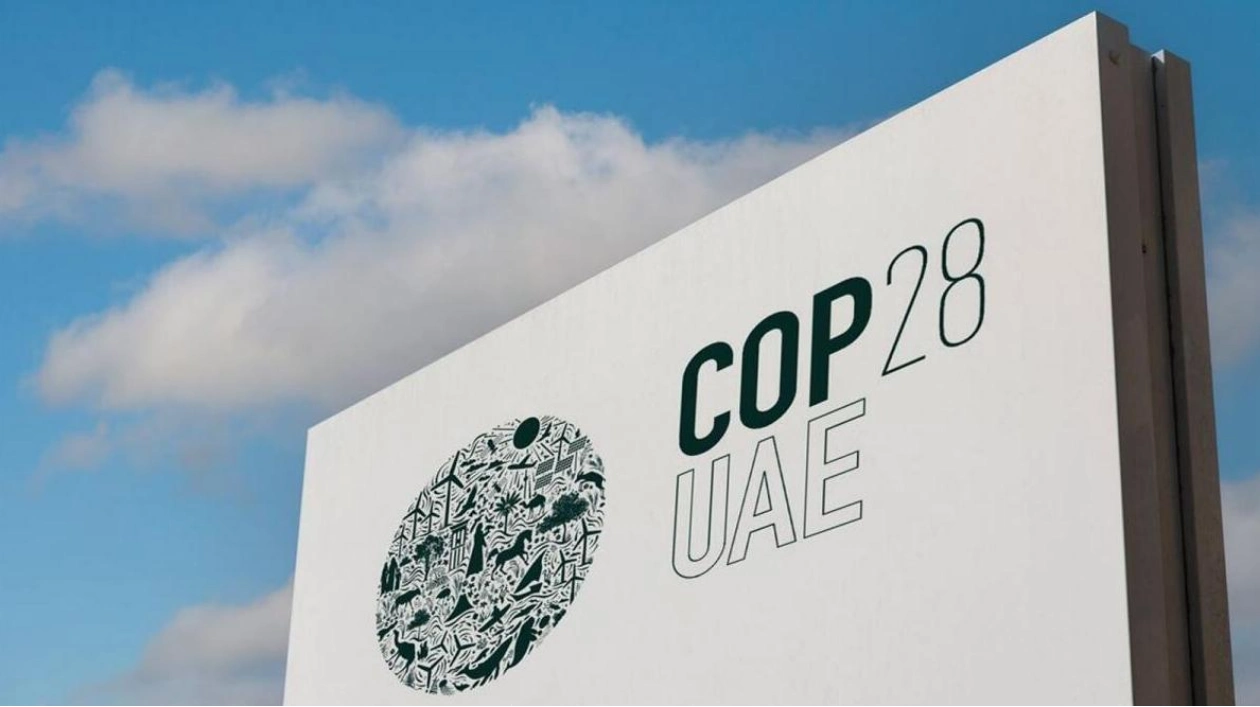As the global community prepares for COP29, set to take place from November 11 to 22, 2024, in Baku, Azerbaijan, the question arises: Will this crucial summit propel global climate action beyond the accomplishments of COP28? COP28, held recently in Dubai, UAE, left a significant mark, igniting discussions and setting high hopes for the forthcoming summit. The UAE Consensus, a groundbreaking agreement from COP28, emphasized the necessity to move away from fossil fuels and aimed to triple renewable energy capacity by 2030. This initiative has spurred global momentum as countries gear up to tackle the escalating climate crisis anew.
A notable highlight from COP28 was the Global Stocktake (GST), a mid-term review evaluating the world’s progress towards climate goals. The GST report cautioned that current efforts are inadequate, urging for "deep, rapid, and sustained reductions in greenhouse gas emissions." The call for swift, collaborative action is evident—global cooperation is vital to achieving ambitious targets such as tripling renewable energy capacity by 2030.
Under the UAE’s leadership, COP28 promoted an inclusive approach, engaging governments, the private sector, civil society, and indigenous leaders. This multilateral dialogue set the stage for future climate diplomacy, earning international acclaim for its comprehensive and inclusive strategy. As the world shifts its focus to COP29, there is a united resolve to confront the challenges of climate action. The urgency to meet climate targets is palpable, and the foundation laid by COP28 continues to inspire hope for meaningful, transformative global agreements.
In tandem, the focus on climate risks extends beyond COP discussions. The II International Conference on Permafrost Degradation, held in Yakutsk, Russia, has raised concerns about the perils of thawing permafrost in the Arctic. Organized by the Melnichenko Foundation, which champions climate action alongside other global causes, the event underscored the catastrophic effects that permafrost degradation could have on the global climate system. Scientists from Russia, the US, UK, and Norway convened to discuss how rapidly thawing permafrost could release vast amounts of greenhouse gases, intensifying climate change. These emissions, potentially on par with major anthropogenic sources, highlight the importance of addressing natural carbon emissions in global climate policies.
The urgency to tackle permafrost degradation was also echoed at COP28, where international cooperation was deemed essential for addressing both fossil fuel emissions and natural carbon sources like permafrost. Both events underscore that climate risks are interconnected, and global collaboration remains critical in facing the formidable challenges ahead.






